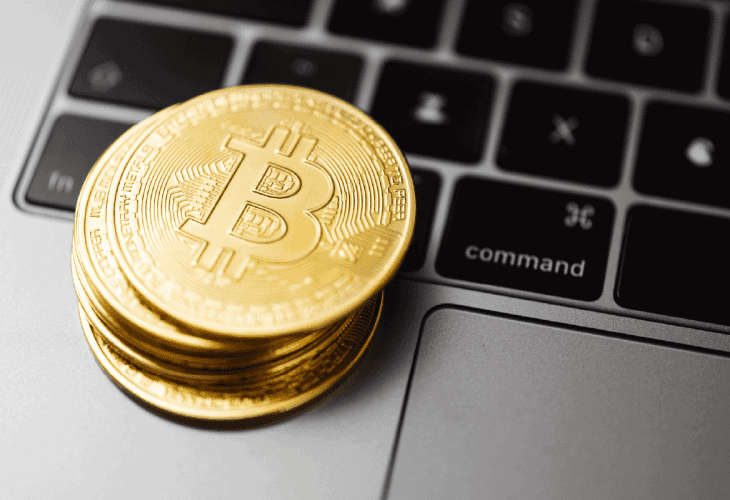What Is Bitcoin? A Simple Overview in 2023
Bitcoin is a digital or virtual currency. It was first created around 2008-2009 by an unknown developer or group of developers using the alias Satoshi Nakamoto.
Bitcoin is the first and most prominent member of a family of currencies now commonly referred to as Cryptocurrency. The name arises from the intersection of ‘Currency’ with ‘Cryptography’.
Cryptography is the practice of securing digital assets (messages, images, files, text etc.) by means of cryptographic codes and ciphers.
What Is Bitcoin? – A new type of digital asset
Each Bitcoin is created by the Bitcoin software and generated though computer-processing methods. Bitcoins are digital, meaning they aren’t printed like British Pound Sterling, US Dollars or Euros. Instead they’re produced by dedicated computers and servers, all around the world – all running the Bitcoin software.
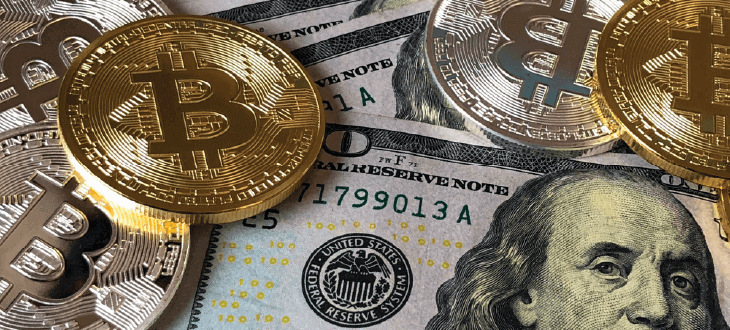
Bitcoin transactions can be made between two parties without any middlemen and without having to share your identity. This enables lower transaction fees. Bitcoin transactions typically cost significantly less than via traditional money transfer services, and are of course made across the Web, rather than in-person.
Today, Bitcoin can be used in certain places to pay for items, like buying pizza. It is also seen as a store of value and its future value is highly speculated. This has given rise to many Bitcoin exchanges and seen a number of huge surges in Bitcoin’s price and perceived value.
What Is Bitcoin? – Users typically acquire Bitcoin through one of a number of ways:
- Join a Bitcoin Exchange and purchase some Bitcoin (using either Binance, Coinbase, Huobi, or CEX.io for example)
- Setting up a Bitcoin wallet and receiving an amount of Bitcoin from a friend or relative who already has some
- Through Mining Bitcoin, and earning it in exchange for running the Bitcoin software on their computer(s) or servers
- Through winning free Bitcoins through competitions or from Free Bitcoin Faucets and similar promotions
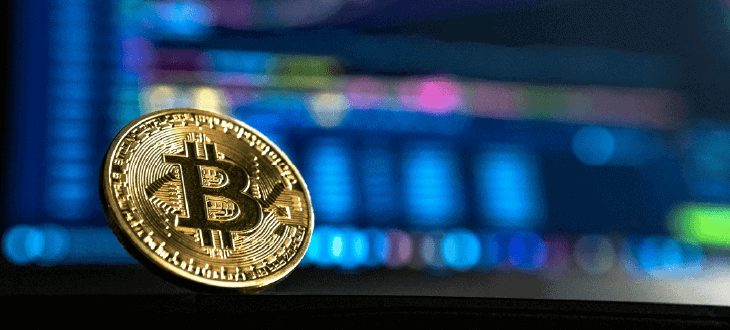
What Is Bitcoin? – Many people like to trade Bitcoins
As with all currencies, the value of Bitcoin is determined by how much people are willing to pay for it. You can pay for Bitcoin in traditional currencies such as British Pound Sterling, US Dollars or Euros. Alternatively you can exchange Bitcoin and trade it for an alternative cryptocurrency or Altcoin, such as Ethereum or Litecoin. All of this is done on a Cryptocurrency Exchange.
What Is Bitcoin? – Bitcoin Mining
To process and validate Bitcoin transactions, something called ‘Bitcoin Mining’ must take place. Bitcoin Mining involves huge numbers of computers, more commonly now dedicated server farms.
All of these servers are working to solve a difficult mathematical solution. Solving the maths effectively proves and validates that the transactions occurred using a method called ‘Proof of Work’.

The problem has a 64-bit solution, and for each problem solved, a new ‘Block’ is added to the Blockchain. The block is essentially a grouping of Bitcoin transactions within a given timeframe. The Blockchain then, is a digital register or Bitcoin Ledger or every transaction ever made.
The process of Bitcoin Mining is very computationally expensive. It requires sophisticated hardware and a lot of electricity to power these servers.
What Is Bitcoin? – Financial incentive
To compensate the Bitcoin Miners, the first to successfully solve each new block, is rewarded with a number of new Bitcoin.
This is a financial incentive, which does two things very well.
Firstly it ensures that sufficient numbers of miners are engaged and support the Bitcoin network.
Secondly, it also provides a mechanism to introduce new Bitcoins into the system over time.
What Is Bitcoin? – Turning up the difficulty
To compensate for the every increasing power of computer chips and hardware, the ‘difficulty’ of the computations is increased as time passes. This ensures a steady stream of newly minted Bitcoins arrive each day.
What Is Bitcoin? – A limited supply
Long term, the number of Bitcoins that will ever is exist is limited to 21 million. This number is hard-coded into the underlying software and codebase of Bitcoin.
This has been done for a number of reasons.
For one, it ensures stability and doesn’t dilute the value of existing Bitcoins by flooding the existing circulation. It also means that theoretically, then if interest continues then over time as the number of Bitcoins reaches its limit – the value of each Bitcoin will increase.
There are currently just over 19 million Bitcoins in existence (19.25 million as of January 2023). This leaves us with 1.75 million still to be mined. At current run rates, it is anticipated that the limit will be hit sometime around 2140.
At that point, Bitcoin Miners will no longer be rewarded in new Bitcoin. One way in which they are expected to fund themselves, will be through transaction fees (which they already impose in most cases).
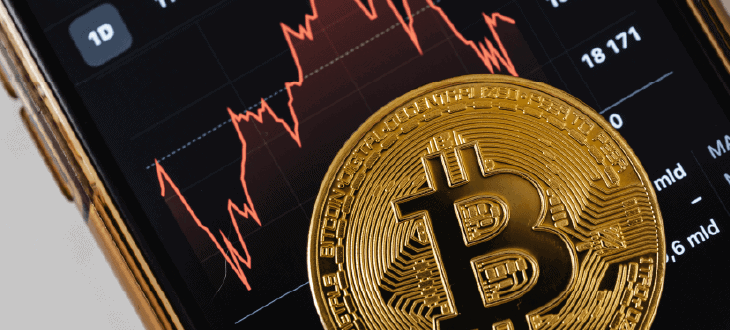
21 million is the limit on how many Bitcoins will ever be made. However due to its digital nature; a single unit of Bitcoin can be split down to 8 decimal places. That’s 0.00000001BTC or 1×10-8. That smallest divisible amount is equal to one hundred millionth of a Bitcoin, and is commonly called a ‘Satoshi’. The name has been given to it, in reference to Satoshi Nakamoto, the founder of Bitcoin.
What Is Bitcoin? – Bitcoin Wallets
Bitcoin ownership is facilitated through virtual wallets called “Bitcoin Wallets”. A Bitcoin wallet gives you access to the Bitcoin ecosystem and allows you to send and receive amounts of Bitcoin.
A Bitcoin wallet is a piece of software (or hardware) used to ‘store’ Bitcoins and also to send and receive Bitcoins.
Bitcoin wallets contain a user’s Bitcoin address. This comes in the form of two cryptographic ‘keys’ – public key, and a private key.
The public key is relatable to sharing your bank account and sort numbers to receive payment. It is also commonly know as your ‘Bitcoin wallet address’. Whereas the private key might be thought of like a coded combination of your account PIN and any other passcodes you use to access and administer it.
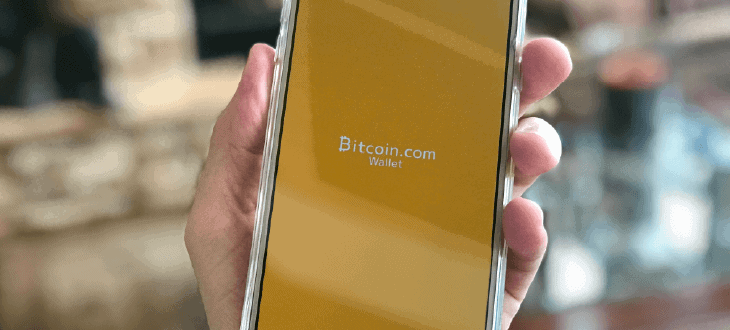
Ownership of these keys gives a user access to certain Bitcoin funds, however technically no Bitcoins are actually ‘stored’ in a wallet. Your Bitcoin keys relate directly to a set amount of Bitcoin which is registered on the Bitcoin Ledger.
Effectively the Bitcoin system reads your wallet address and looks it up against the Bitcoin Ledger.
In doing this it confirms that “Yes, this user has XX.xxxxxxxx Bitcoin in their account to make a transaction with.
What Is Bitcoin? – An inherent level of anonymity
Since there is no central register of these addresses, Bitcoin offers a level of anonymity to both parties in a transaction. The sender never knows the name or identity of the receiver, only their cryptographic address.
Likewise the receiver never knows the identity of the sender. Unless of course both parties already know each other personally. They might be friends, family, or have communicated in-person previously, outside of the Bitcoin transaction.
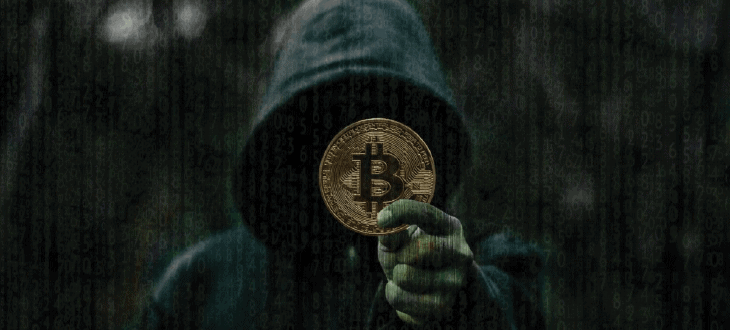
In practice however, it is possible to do a bit of digging and track down the owners of certain wallet addresses and identify them. This has been done in the past by governments and police, to trace the perpetrators of criminal activity.
More commonly also, most Bitcoin users enter the system by signing up to an established Bitcoin exchange and buying their first Bitcoins there. These exchanges are established and reputable businesses and are legally required by whichever territory they operate in – to know their customer and verify the identity of them.
This means that if a given wallet address is linked to an account with an established exchange, then by proxy the identity of that user can be determined.
